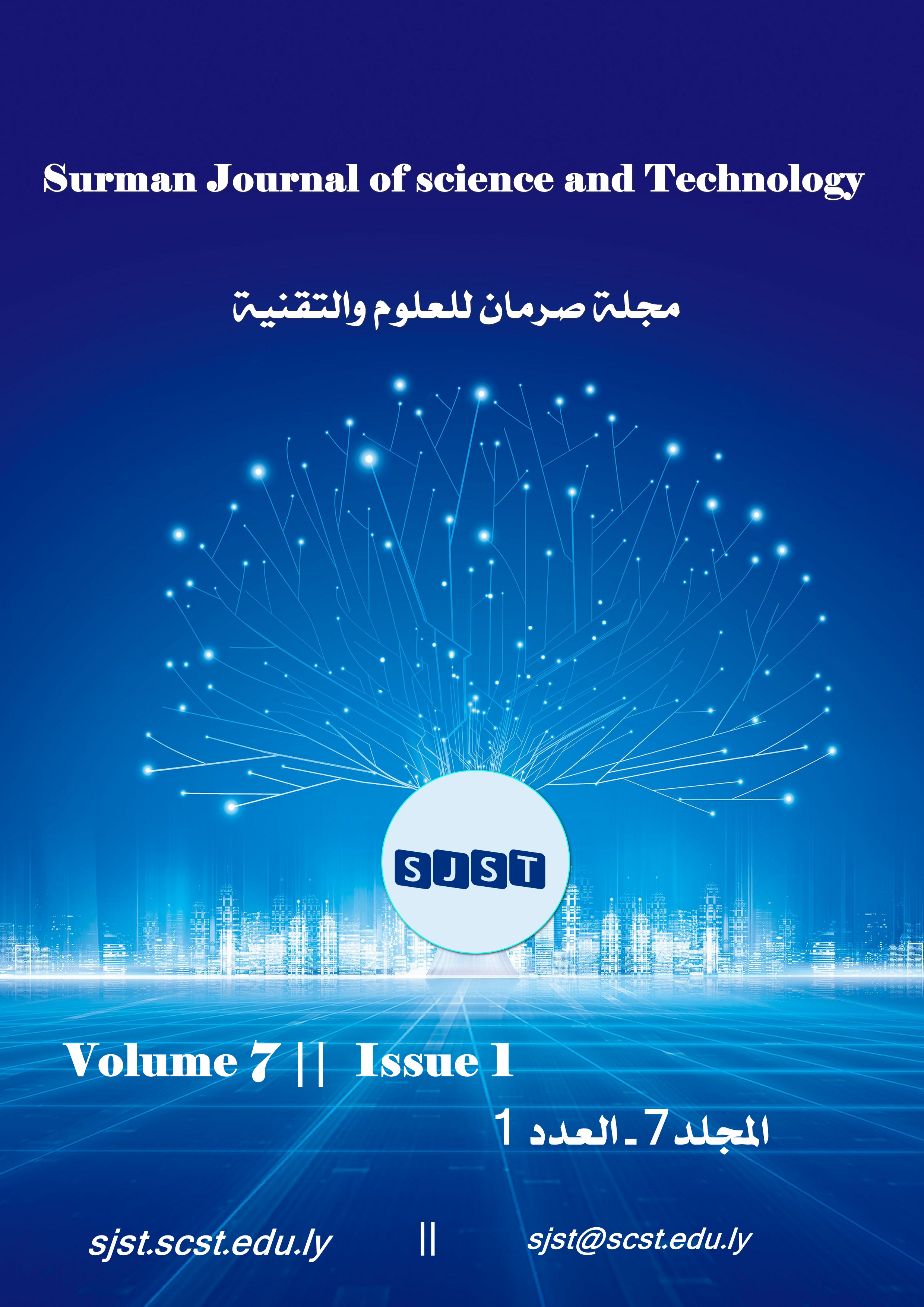IoT-Based Patient Health Monitoring System Using NodeMCU
Main Article Content
Abstract
ABSTRACT
Purpose: The integration of the Internet of Things (IoT) in health monitoring systems represents a significant advancement in the medical field, particularly for remote patient health monitoring. By connecting sensors to the internet, a patient's vital signs can be measured remotely. This study aimed to design a simple, accurate, and low-cost IoT-based system to monitor vital signs such as body temperature, pulse rate, oxygen saturation level (SpO2), and room conditions. Materials and Methods: The monitoring system comprises two NodeMCU ESP8266 development boards, serving as the main microcontrollers with integrated Wi-Fi capabilities. The system utilizes the DS18B20 sensor for body temperature, the MAX30102 sensor for pulse rate and SpO2, and the DHT11 sensor for room conditions. These sensors collect data and transmit it to the NodeMCU ESP8266 for processing and forwarding to a web application. The system can log the measured data, display it in a historical format, and archive it. The output is accessible on the user's mobile phone, laptop, and LCD screen. Additionally, doctors and caregivers can easily access this data via the website. Results: The proposed monitoring system was tested on six male patients from Al-Zawia Hospital. Its readings were compared to those obtained from hospital devices. The pulse rate readings ranged from 76 bpm to 92 bpm, with an average absolute error of 0.4%. SpO2 readings were between 94% and 97%, with an average absolute error of 2.2%. Body temperature measurements varied between 36.38°C end 37°C, with an error rate of 0.4%. Additionally, the average room temperature and humidity were recorded at 22.01°C and 37.3%, respectively. Conclusion: Comparative analysis between the data obtained from the proposed system and conventional devices showed a success rate of over 95% for almost all measurements. This indicates that the model is effective, accurate, easy to use, and capable of remotely measuring and monitoring a patient's health.
Downloads
Article Details

This work is licensed under a Creative Commons Attribution-NonCommercial 4.0 International License.

